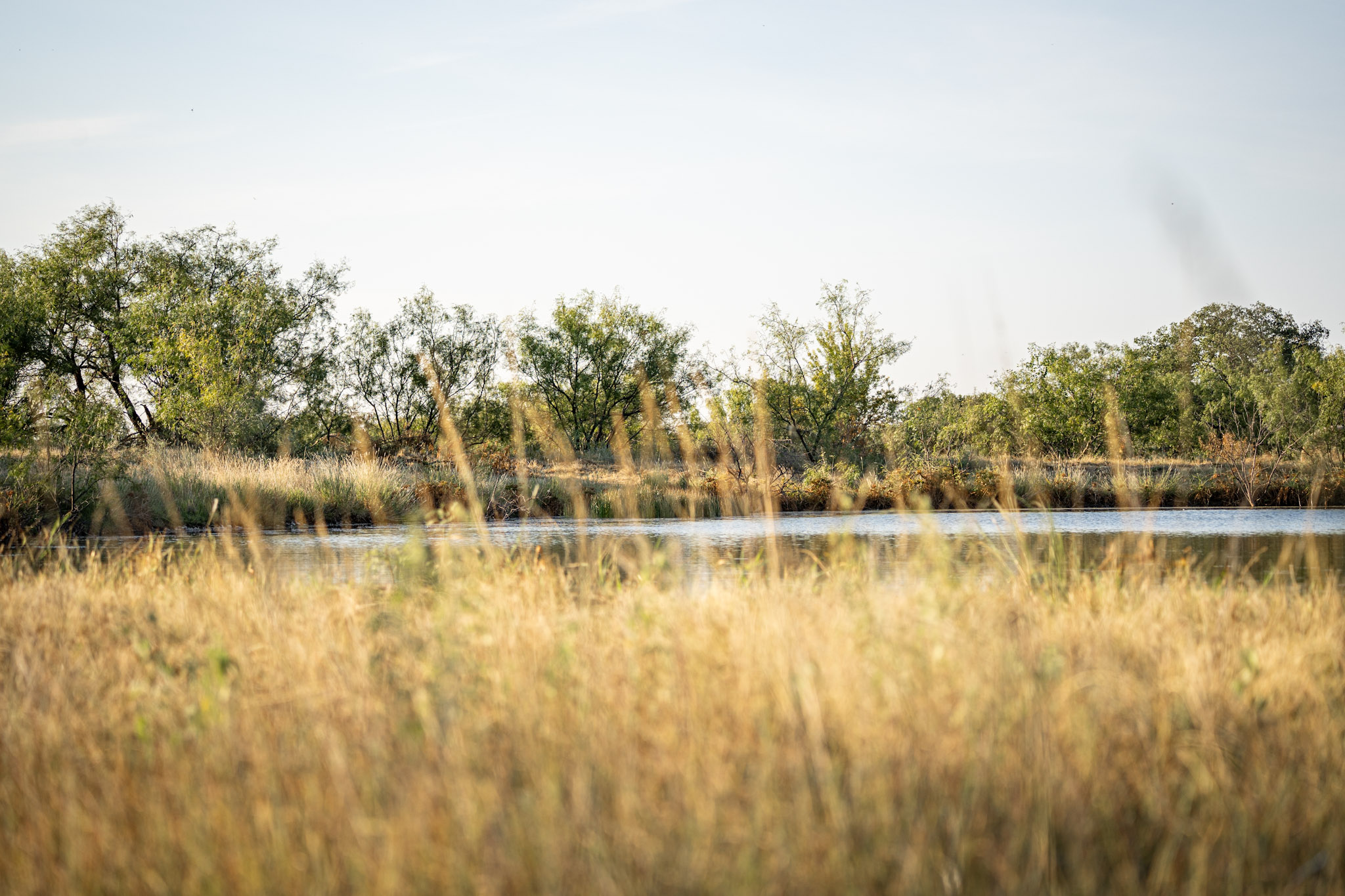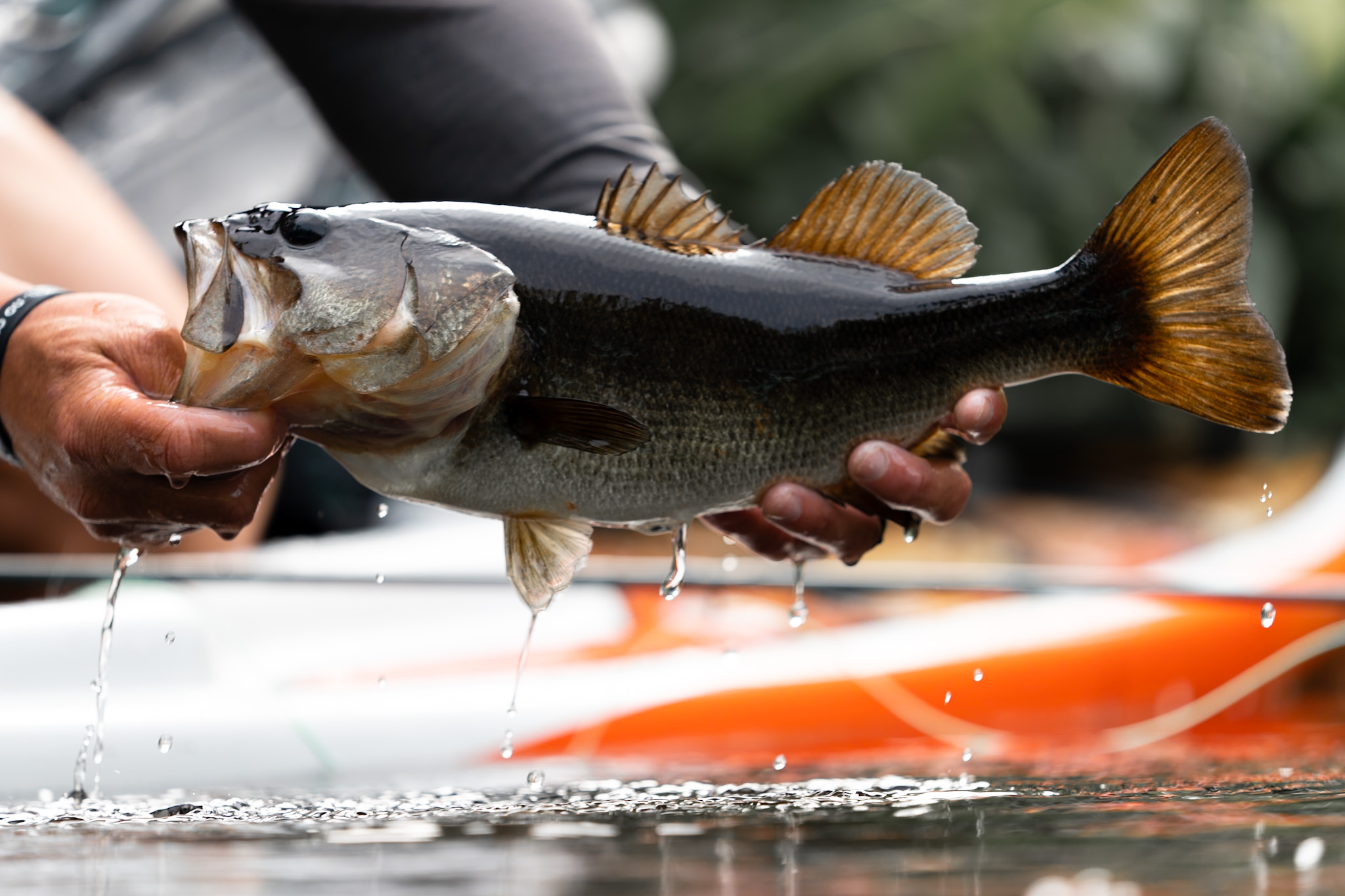
Understanding Hunting Laws: Key Regulations for Private and Public Land
Hunting laws play a crucial role in preserving wildlife populations and ensuring safe, ethical practices for all hunters. Whether you're planning to hunt on public or private land, it's vital to understand the key regulations that apply in both settings. By staying compliant with state and federal laws, you not only avoid legal issues but also contribute to responsible hunting and the long-term preservation of our outdoor spaces. Here's what you need to know to stay on the right side of the law.

1. Know the Differences Between Public and Private Land Regulations
Public lands are managed by federal or state agencies, and the regulations are typically more uniform, though they can vary depending on the location. Common public land rules include licensing, tags, and specific hunting seasons. Public lands are often subject to a quota system, limiting the number of hunters allowed per day, and they may have restrictions on the types of equipment you can use. Federal or state lands may also have restrictions on firearms, requiring certain calibers or prohibiting certain types of hunting weapons.
On the other hand, private land hunting offers more flexibility. You must have explicit permission from the landowner, and regulations typically align with state laws, including hunting seasons, species, and bag limits. However, private landowners can establish their own rules. Some landowners may provide additional restrictions, such as hunting times, species, or even no-hunting zones. Always clarify these rules with the landowner before your hunt to ensure you’re fully compliant.
2. How to Stay Compliant with State and Federal Laws
Each state has its own unique hunting regulations, and some may have specific rules for public or private lands. Before you book your trip, make sure to research the regulations in the state where you plan to hunt. It's essential to know about licensing requirements, hunting seasons, and specific regulations for the species you want to hunt.
One of the most important things to keep in mind is ensuring that you obtain the correct permits and tags for your hunt. Public lands often require you to apply for permits in advance, and private lands may require specific permission or a hunting lease. Never assume that hunting on private land is automatically exempt from state laws. You must still comply with hunting seasons, bag limits, and other state regulations. It's also a good idea to check for any local laws that may apply to the area you're hunting in.
3. Common Misconceptions About Hunting Laws
One common misconception about public land hunting is that it's completely free and unrestricted. While public lands are open to all licensed hunters, they come with a number of regulations and restrictions, such as quotas, firearm limitations, and specific seasons. Many hunters mistakenly assume that once they have a hunting license, they can hunt on any public land without further restrictions. This is not the case, and it's important to stay informed about the regulations specific to the land you're hunting on.
Another misconception is that private land hunting doesn’t require permits or licenses. Even on private property, you still need to have the appropriate hunting license, tags, and permits. Private landowners may set their own rules, but they cannot bypass state laws regarding hunting seasons, bag limits, or species restrictions. Always ensure you have explicit permission to hunt on private land and confirm the rules with the landowner to avoid potential issues.
4. How to Avoid Common Pitfalls
To avoid legal issues and stay compliant with hunting laws, it’s essential to stay up-to-date with changing regulations. Hunting laws can change annually, so always check with the state's wildlife department for the most current information. It’s also a good idea to consult with your outfitter or guide, as they will be familiar with the specific rules for the area you're hunting in and can help ensure compliance.
Another important step is to carry all necessary documentation, including your hunting license, permits, and any written permissions from landowners, at all times during your hunt. Being prepared with the proper paperwork will not only ensure compliance but also make it easier to prove your legal right to hunt if you're checked by game wardens or law enforcement officers.
5. The Importance of Compliance
Adhering to hunting laws is not just about avoiding fines; it's also about maintaining the sustainability of wildlife populations and ensuring that hunting remains a responsible and ethical activity for future generations. Compliance with hunting seasons, bag limits, and ethical practices helps preserve the delicate balance of ecosystems and ensures that hunting can be enjoyed by generations to come.
By understanding and following the laws for both public and private land hunting, you’re contributing to the conservation efforts that keep wildlife populations healthy and accessible for all hunters. Staying informed, obtaining the right licenses, and respecting local regulations will allow you to enjoy a safe and successful hunting experience.

Ready to Plan Your Next Hunt?
BirdDog connects hunters with reputable outfitters and landowners, ensuring you find a hunting trip that aligns with all local, state, and federal regulations. Whether you're hunting on public land or private property, BirdDog helps you navigate the legal landscape and ensures a seamless and compliant hunting adventure. With a commitment to ethical hunting practices and conservation efforts, BirdDogi makes it easy for you to plan your next trip while staying compliant with all hunting laws.
Read More...

Tax season is a critical planning period for landowners, especially those who have recently acquired agricultural land or are actively managing cropland, rangeland, or timberland. One of the most impactful — and often misunderstood — tax opportunities available is Section 180 of the U.S. Internal Revenue Code, specifically through Residual Fertility deductions.

Winter pond management is one of the most overlooked — and most important — parts of maintaining a healthy bass fishery in Texas. While many landowners assume their pond “takes care of itself” once the weather cools down, the truth is that winter is when your pond sets the foundation for spring growth, forage success, and bass health.

Dove season is a big deal at BirdDog. It’s fast-paced, social, and the perfect kickoff to the fall. We host dove hunts across Texas—from tailored client events to big opening-day shoots—and we’re here to make sure you’re ready.



